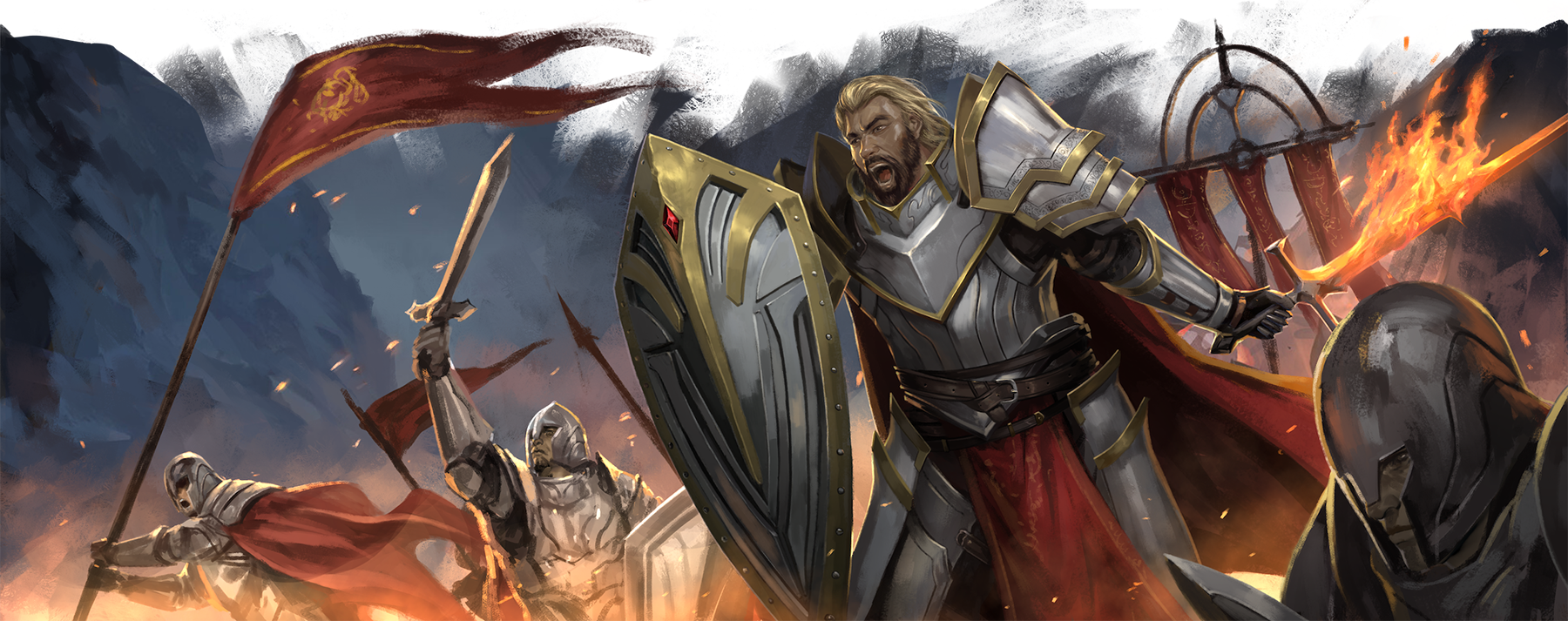Religious Beards: The Strict Rules Governing Facial Hair Among the Faithful

 Joe Nightingale, MBBS, MSc
Joe Nightingale, MBBS, MSc

We often say that beardliness is next to godliness. Indeed, when you devote your business to making the best beard oils and products online, you've got to be somewhat dedicated to the art of beardcraft. But for some, this is less a fun hobby than a devout part of their faith.

Religious beards cut across cultures, continents, and religions. While it's somewhat of an oddity in the Western Catholic and Protestant churches, elsewhere, among such disparate groups as Muslims, Sikhs, Rastafarians, the Amish, and Jews, beards are just optional; they're mandatory.
You may have heard of the Biblical story of Sampson and Delilah. The mighty Samson, famed for his heroic strength, is betrayed by his beloved Delilah. After the lords of the Philistines bribe her to discover the source of his strength, Samson confesses that his long and luscious locks are his wellspring. As he sleeps, Delilah cuts her lover's hair; he is at her mercy.
It's not the first religious warning against shaving your beard. As Leviticus (19:27) proclaims: "You shall not cut the hair on the sides of your heads, neither shall you clip the edge of your beard."
Across cultures, such rules are common, though the specific backgrounds and beliefs may vary. Let's explore these follicular faiths.
Judaism

The distinctive style of Orthodox Jewish men is unforgettable. From the traditional side curls, known as payos or payot, to their untrimmed beards, these devout Jews follow the teachings of Leviticus 19:27 strictly.
Nor is this the only mention of the holiness of religious beards in the Torah. Deuteronomy 20:19, for instance, says that as a tree grows leaves, a man grows the hair at the sides of his head; beards are merely natural. Meanwhile, according to Samuel 10:4, cutting another man's beard is sacrilege; it is an outrage!
In contemporary society, these symbols of the Orthodox Jewish faith create a sense of community cohesion and camaraderie.
Christianity

Despite broadly following the same scriptures as the Jewish faith, most modern Christians do not follow the rules regarding beard; in fact, quite the opposite. In the medieval period, the Canons of Edgar forbade clerical beards, stating, "Let no man in holy orders conceal his tonsure, nor let himself be misshaven nor keep his beard for any time, if he will have God's blessing and St. Peter's and ours."
Across the schism, the Eastern Orthodox Church took a wholly different view, praising beards as a sign of manliness and devotion to God. They're often fond of quoting Number 6:5: "a razor shall not come upon his head, until the days be fulfilled which he vowed to the Lord: he shall be holy, cherishing the long hair of the head all the days of his vow to the Lord."
Another Christian sect that prizes their beards is the Amish or Anabaptists. Where they differ is in their attitude towards mustaches. While they regularly recite passages expounding on beards in the Bible, mustaches are associated with the military and are, therefore, forbidden.
Islam

In the Quran, there isn't a specific prescription for beards, although the hadiths (the holy sayings of the Prophet Muhammad) do encourage men to "let your beards [grow], and trim your mustache." The Prophet himself is believed to have a beard and regarded beards as among the norms of human nature.
Modern Islamic scholars concur with the Prophet. Saif Inam of the Muslim Public Affairs Council told Religious News Service, "It is an expression of manliness and as such a sign, which distinguishes men from women. While there are differing interpretations, for some Muslims, it is a sincerely held religious belief based on the word and the example of the Prophet Muhammad. Some people believe it is absolutely required."
Sikhism

Beards and hair generally are such an intrinsic part of the Sikh religion that they form one of the five articles of faith: "Kesh" – maintaining uncut hair all over one's body.
According to Sikh teachings, in 1699, Guru Gobind Singh, the 10th Sikh spiritual leader, said, "My Sikh shall not use the razor. For him, the use of a razor or shaving the chin shall be as sinful as incest." Powerful stuff!
Sikhs took the proclamation to heart, and it forms one of the most recognizable aspects of their faith.
Rastafarianism

Most Rastafarians wear beards, following the passages in Leviticus. To them, the beard symbolizes the covenant between God and his people. As most people are familiar with, Rastafarians wear their hair traditionally in dreadlocks. Much like Sikhs, these are worn due to the prohibition against cutting hair. But they also represent the lion's mane, symbolizing the Lion of Judah and Africa generally. They also believe that, like Samson, dreadlocks and beards form a source of strength.
